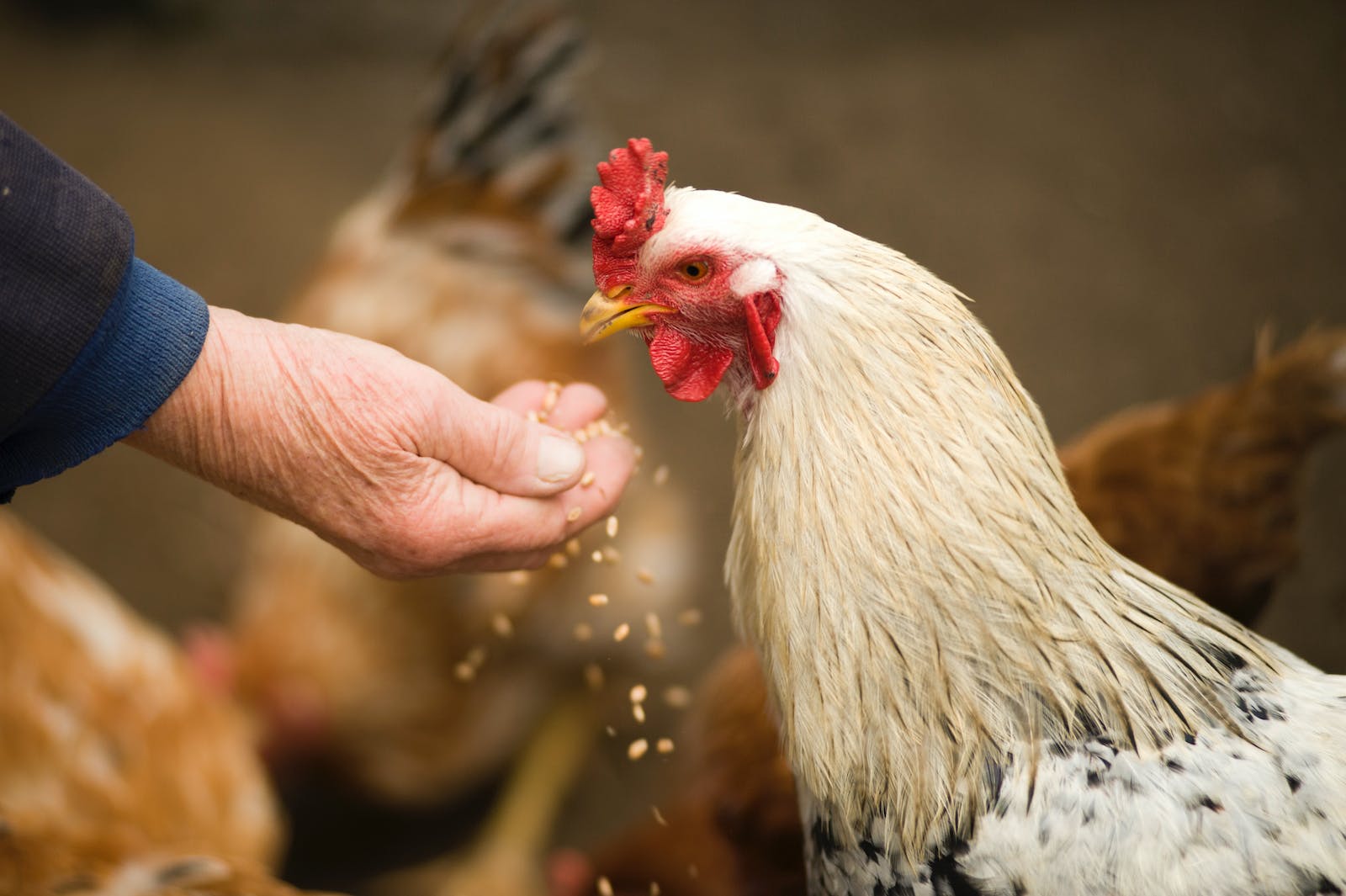Pros and Cons of Having a Hamster as a Pet
Exploring the Good and the Not-So-Good Sides of Owning a Hamster
Hamsters are popular small pets known for their adorable appearance and low maintenance. Many people are drawn to the idea of having a furry little friend to brighten up their homes. However, like any pet, hamsters come with their own set of advantages and disadvantages. In this article, we will explore the pros and cons of having a hamster as a pet, so you can make an informed decision before welcoming one into your home.
Before deciding to bring a hamster into your life, it's essential to consider all aspects of their care and companionship. From their playful antics to their specific care requirements, hamsters offer both positive and challenging experiences as pets. Let's delve deeper into the pros and cons of owning these charming little creatures.
Pros
Are you considering getting a pet hamster? Here are some fantastic reasons why having a hamster can bring joy and fulfillment to your life.
Teaching Responsibility
Having a hamster can be a great way to teach children about responsibility. Caring for a pet helps instill values such as empathy, commitment, and the importance of routine care.
Low Maintenance
Hamsters are relatively low-maintenance pets compared to dogs and cats. They don't require regular grooming sessions or walks outside. With a proper habitat setup and a consistent supply of food and water, they can thrive with minimal daily time commitment from their owners.
Cute and Adorable
One of the most apparent benefits of having a hamster is their undeniable cuteness. Watching them scurry around their cage, stuff their cheeks with food, and play with toys can bring a lot of joy and entertainment to their owners.
Space-Saving
For individuals living in small apartments or homes with limited space, a hamster makes an ideal pet due to its small size. They are typically housed in cages that don't take up much room, making them a perfect fit for those with compact living quarters.
Entertaining to Watch
Hamsters are naturally active and curious, providing endless entertainment for their owners. From running on their wheels to burrowing and exploring their environment, these tiny creatures have a knack for putting on amusing displays of behavior.
No Allergies
Unlike many furry pets, such as cats and dogs, hamsters are less likely to trigger allergies in their owners. This can be a significant advantage for individuals who love animals but are sensitive to pet dander and fur.
Social Creatures
Hamsters are social creatures that can bond with their owners with proper handling and interaction. They can provide companionship and form a strong bond with their human caretakers.
Missing a pro?
Let us know which pro you are missing!
Cons
While hamsters make adorable and endearing pets, there are some downsides to consider before bringing one into your home. Here are the potential disadvantages of owning a hamster.
Nocturnal Behavior
Hamsters are nocturnal animals, which means they are most active during the night. This can be a disadvantage for owners who prefer diurnal pets or have trouble sleeping with small pet noises during the night.
Short Lifespan
Unfortunately, hamsters have relatively short lifespans compared to other pets. Depending on the species, they typically live for about 2-3 years, which can be tough for owners who become attached to their pets and are not prepared for the relatively short commitment.
Solitary Nature
Most hamster species are solitary animals and prefer to live alone. While they enjoy human interaction, they don't necessarily crave the companionship of other hamsters. This can be a downside for individuals looking for a more social or communal pet experience.
Fragile Health
Hamsters are delicate creatures, and as such, they can be prone to health issues if not properly cared for. Their small size and susceptibility to certain conditions require owners to be vigilant in monitoring their well-being and providing appropriate veterinary care when needed.
Limited Interaction
Unlike dogs and some other pets, hamsters are not typically known for their interactive nature. They may not bond with their owners in the same way, and their tactile interaction is limited to being gently handled or petted. This can be a disadvantage for those seeking more interactive companionship.
Chewing and Gnawing
Hamsters have a natural instinct to chew and gnaw. This behavior can lead to damage to furniture, electrical cords, and other household items if not provided with appropriate chewing toys and activities.
Health Risks for Children
Due to their small size and delicate nature, hamsters may not be the ideal pet for very young children as they require gentle handling to avoid accidental harm. There is a risk of bites or scratches if children don't understand how to handle them properly.
Missing a con?
Let us know which con you are missing!
Conclusion
Ultimately, owning a hamster comes with its own set of advantages and disadvantages. The decision to bring one into your life should be based on a realistic understanding of their needs and behavior. While hamsters may not be the right fit for everyone, for the right person, they can bring a lot of joy and companionship.
What do you think?
Do you think the pros outweigh the cons?








